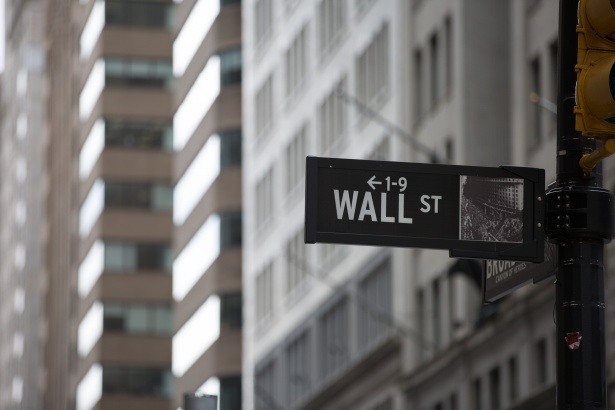Wall Street cheerleader Trump has little invested himself
To have so much wealth and so little invested, he added, is “completely out of balance” and “extremely unusual.” Deep in The New York Times' recent report on Trump's tax returns is the fact that he sold more than USD 200 million in stocks and bonds in the three years leading up to his inauguration.

- Country:
- United States
Even from the hospital, as his doctors were administering a mixture of drugs to battle the coronavirus, President Donald Trump couldn't quite help himself. “STOCK MARKET UP BIG,” he blared in one tweet. “The Stock Market is getting ready to break its all time high,” came another. “NEXT YEAR WILL BE THE BEST EVER.” Trump's relentless cheerleading for the stock market, taking full credit for its gains, has been a hallmark of his presidency, through more than 150 tweets and exuberant rhetoric at his rallies. Yet behind the bluster is a simple fact of which most voters are unaware: Trump barely has any of his own money in the stock market.
“It's like Trump Vodka — he wants everyone to drink it, but he doesn't drink it himself,” said Jack Ablin, chief investment officer of Cresset Wealth Advisors. To have so much wealth and so little invested, he added, is “completely out of balance” and “extremely unusual.” Deep in The New York Times' recent report on Trump's tax returns is the fact that he sold more than USD 200 million in stocks and bonds in the three years leading up to his inauguration. And an Associated Press analysis of his financial disclosures since then shows as much as $8 million more was sold in his first three years in office, even with his investments now in a trust, beyond his direct control. Significantly, those disclosures — which give figures in ranges, not exact amounts — show no substantial buying to make up for it. That left him a stock portfolio last year that ranged between USD 693,000 — less than what many Americans have in their 401(k)s — and USD 2.2 million.
Even that top figure is less than one-tenth of 1% of his fortune, estimated by Forbes at $2.5 billion. “Why would you talk up the stock market and not own stocks at the same time?” said David Rosenberg, former chief North American economist at Merrill Lynch.
What's behind Trump's sell-off and lack of buying is not entirely clear, though in a debate during the 2016 campaign, he took a bleak view of the stock market, saying, “We're in a bubble right now.” Also, after a large sale of individual stocks before the last election, Trump told NBC that he wanted to avoid conflicts of interest while “making deals for this country that maybe will affect one company positively and one company negatively.” (He has continued to hold on to his diversified stock funds, which contain shares from a variety of companies.) Others, though, have cast doubt on the conflict-of-interest explanation and speculated instead that he sold off stock to raise money quickly and quietly to cover his debts. Trump poured USD 47 million into his last campaign for president and still owes a sizable amount. The White House referred queries about Trump's stock holdings to the Trump Organization, which declined to comment, leaving financial and political watchers only to speculate.
Whatever the reason for selling, Trump's lack of a substantial stake has not stopped him from vigorously touting the run-up in the stock market. Polls consistently show Trump's handling of the economy is his strongest issue with voters, and the stock market has withstood the coronavirus crisis better than the economy as a whole. The Standard and Poor's 500 index has jumped 59 per cent since the last presidential election, recovering all the ground lost during a March plunge. American families now have an average of 15 percent of their assets riding on the market, according to Federal Reserve data, and the richest 1 percent even more: 40 percent.
Several voters interviewed this week said that they were surprised Trump wasn't more heavily invested but that it wouldn't change their vote.
(This story has not been edited by Devdiscourse staff and is auto-generated from a syndicated feed.)
ALSO READ
"It wasn't like a huge shock": Luke Bryan on Katy Perry's 'American Idol' exit
New EPA regulation requires 200 American chemical plants to lower carcinogenic emissions
Science News Roundup: Total solar eclipse: North Americans celebrate with cheers, music and matrimony; SpaceX launches South Korea's second spy satellite amid race with North and more
Appeals court rejects Donald Trump's latest attempt to delay April 15 hush money criminal trial
US considers easing warnings for Americans traveling to China










